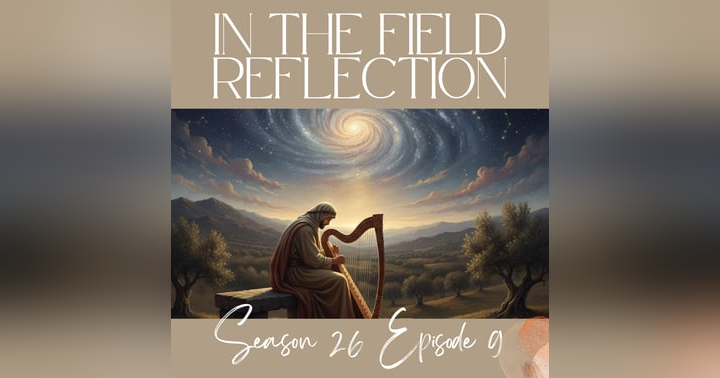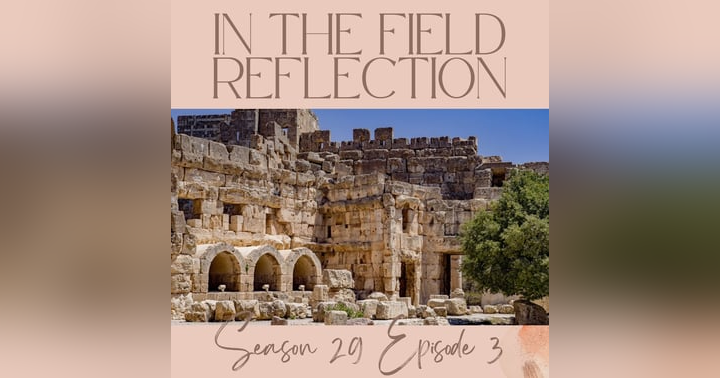When Locusts Speak: Joel's Warning to Complacent People

The Book of Joel opens with one of the most vivid and devastating portraits of judgment in the Bible. As we explored in our latest "In the Field Audio Bible" episode, Joel describes a land utterly destroyed by successive waves of locusts—a natural disaster that serves as both literal calamity and profound spiritual metaphor, and a warning to complacent people to awaken and return to God.
Joel's message begins by calling the community to attention with urgency: "Hear this, O elders, give ear all inhabitants of the land." The prophet doesn't simply address religious leaders or those in power—he speaks to everyone. This universal call underscores that spiritual awakening isn't reserved for the professionally religious; it's a summons to all people regardless of status or role. Joel describes the locust plague in terrifying detail, noting how each wave of insects devours what the previous wave left behind. This isn't merely agricultural devastation; it's a complete unraveling of societal structure and religious practice. The grain offerings cease, the priests mourn, the people's joy withers away—every aspect of life is affected when God's judgment falls.
What makes Joel's prophecy particularly powerful is how it connects natural disaster with spiritual condition. The locusts become what one theologian called "God's strange work"—judgment that comes not from divine cruelty but through divine love. The locusts strip away everything that had become an idol, everything that had replaced true worship. The fields, vineyards, and orchards that once represented blessing had somehow become barriers between the people and the God who provided them. Sometimes devastation serves a holy purpose—it clears away what we've allowed to become ultimate so that God can once again become central in our lives.
Joel doesn't leave the people in despair, however. Even within this first chapter, we see the beginnings of hope through repentance: "Sanctify a fast, call a solemn assembly." The prophet invites collective lament, communal confession, and earnest seeking of God. This reminds us that transformation often begins in acknowledging brokenness. The empty fields become a physical manifestation of spiritual emptiness, inviting the people to recognize their hunger for more than bread alone. The withered vines reflect hearts that have grown distant from their source of life. By calling for fasting amid famine, Joel creates a powerful spiritual parallel—when we willingly empty ourselves before God, we create space for divine filling.
When we consider Joel's message in modern context, we might ask: What are our locusts today? What comforts and distractions have we allowed to consume our spiritual vitality? Perhaps our locusts are digital distractions, relentless busyness, materialism, or even religious routines that have lost their heart connection. The sobering truth is that sometimes God allows our fields of plenty to be stripped bare so that we might remember our dependence on Him. In our abundance, we easily forget the Giver; in our lack, we're invited to return. Joel doesn't offer cheap comfort but instead extends the costly invitation to transformation through honest lament and genuine repentance—a message as relevant today as it was centuries ago.



